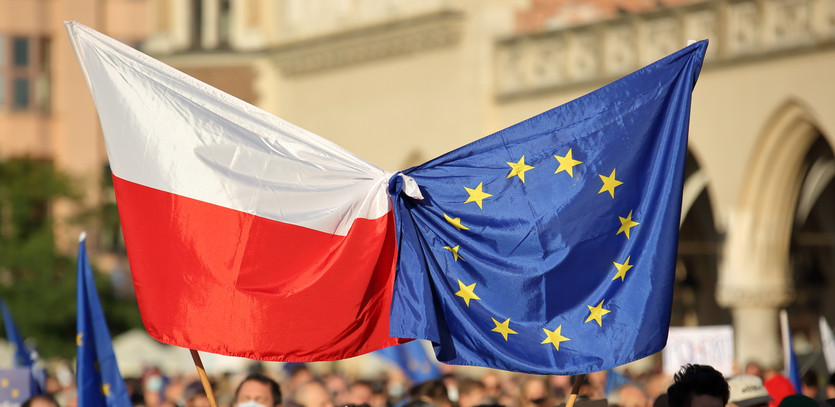Major Development in the European Union: Poland to Get Aid in Unlocking EU Funds
European Budget Commissioner, Johannes Hahn, has assured that the European Commission will find a solution enabling Poland to access about 111 billion euros presently frozen in EU funds. This assurance comes as the newly installed Polish government makes strides to elevate the EU's concerns about the rule of law and order.
The latest development in Poland’s political landscape was the appointment of Donald Tusk, a centrist, as Prime Minister. His government's inauguration was the final step in a massive shift in political power, following eight years of nationalist leadership.
New Leadership ushers in Hope of Better EU relations
The strained relationship between Warsaw and Brussels, perpetuated by the previous government led by the Law and Justice (PiS) party, could potentially see an amelioration under Tusk's leadership. The European Union has high hopes and is ready to extend support to this new administration, Commissioner Hahn shared in a recent interview.
Commissioner Hahn clarified that the funds would not be transferred in billions instantly. Instead, the focus will be on the de-blocking of funds. He further assured of the Commission's plans to assist Poland towards moving in the appropriate rule-of-law direction.
These statements marked the Commission’s first official stance on Poland’s possibility of gaining access to the EU funds since the change in government. Prime Minister Tusk, who arrived in Brussels to join an EU summit, will discuss the frozen funds with the Commission.
The Stakes and Obstacles to Overcome
The funds in question entail 35.4 billion euros ($38.1 billion) in grants and loans from the European Union's recovery fund. This fund has been suspended until Warsaw can restore the independence of its judiciary system damaged by the PiS government. Further, 76.5 billion euros ($82.5 billion) of EU cohesion funds designed to improve living standards in EU's poorer regions are also unavailable to Poland for the same reasons.
New laws reversing measures instituted by the former nationalist government are necessary to meet the Commission's demands. However, these laws need to be approved by Poland's President, Andrzej Duda, aligned with the earlier government and against such reforms.
Commissioner Hahn acknowledged this complication, stating that the Commission plans to cooperate with Warsaw to find a solution. Even though the details of this solution are still unclear, it is obvious that the situation cannot persist until President Duda's term ends in 2025.





